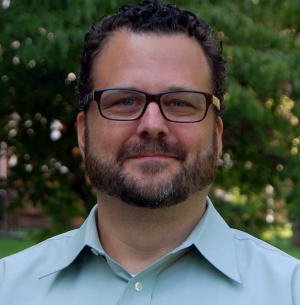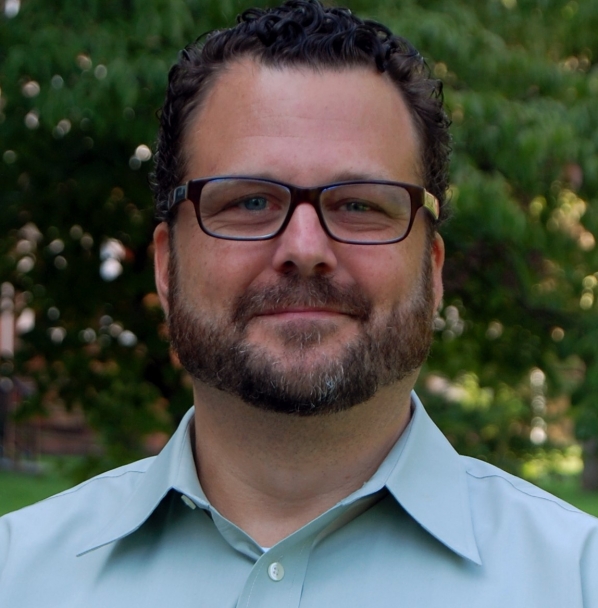John Spence, a Fortune 500 business consultant who has been recognized as one of the Top 100 Business Thought Leaders in America, recently invited Appalachian State University's Dr. Brian Higley to contribute a guest blog article on how learning science can be used to improve the workplace. The article describes how the "ABCs" (i.e., antecedents, behaviors, and consequences) and the "GREs" (i.e., genuineness, regard, and empathy) equal "Awesomely Simple H2O" (i.e., a workplace that is "helpful to ourselves and others").
"Brian's article is one of the most popular articles on my site," John said. "People have been responding to it in extremely positive ways. For example, here is what one person wrote in a discussion about the article on my LinkedIn page":
"Thank you for articulating so clearly why life, liberty, and happiness pursuit in the workplace, though simple in concept, is often rare in practice. The equation ABC + GRE = Awesomely Simple H2O effectively highlights the crucial role of human connection in creating a thriving culture. It's not just about tasks and consequences but about fostering a sense of value and understanding. I believe this framework can be a powerful tool for leaders who want to build truly engaged teams."
Recent App State graduate Liberty Cochran added the following quote to the LinkedIn discussion about Dr. Higley's article: "As I pursue my career, I know that I would absolutely benefit from a GRE- centered workplace because it would be more productive and conducive to my life, liberty, and happiness pursuit."
Current App State student Jessika Bumgarner contributed the following quote to the LinkedIn discussion about the article:
"This is a fantastic article! It would be great to see this more commonplace among workplaces across the globe (and the positive impact it would bring). I can also imagine the possibilities of implementing the "Awesomely Simple" equation in other areas of the world and people's lives. Life, liberty, and happiness pursuit would be much more likely if people are fulfilled in every system they exist in."
Valeria Prudnikova, an intern at the United Nations with an M.A. in International Affairs, shared the following thoughts about the "Awesomely Simple H2O Equation" discussed in Dr. Higley's article:
"Thank you, Dr. Brian P. Higley and John Spence, for sharing the insightful 'Awesomely Simple H2O Equation.' Your framework for fostering workplace cultures through antecedents, behaviors, consequences, genuineness, regard, and empathy strongly aligns with my research on team dynamics in humanitarian aid organizations (https://digitalcommons.unf.edu/etd/1293/).
In my study, I found that humanitarian aid teams often face high-stress environments where clear communication, authentic support, and mutual appreciation are critical for sustained effectiveness and well-being. I believe that the ABC + GRE equation provides a practical and powerful approach to fostering these qualities. By embedding ABCs with GREs, aid organizations could enhance team cohesion, reduce burnout, and better align their efforts with their mission-driven goals.
I believe this equation could be transformative for crisis response teams, making cultures of life, liberty, and happiness pursuit more attainable in demanding settings. Thank you for sharing such a clear and impactful framework!"
According to Dr. Higley, the following quote from one of his posts on the LinkedIn discussion about the article describes his main motivation for writing it:
"No workplace is perfect, but we have found that every system can improve for the better if even a few people implement the Awesomely Simple Equation described in this article. The social influence research is clear that even one person can help large groups make changes for the better, so we're hoping to get this article (and this equation) out to as many people as possible in the upcoming years. Feel free to forward the article (and/or a link to this discussion) to anyone who you think could benefit from it at any time to join us in this important initiative!"

